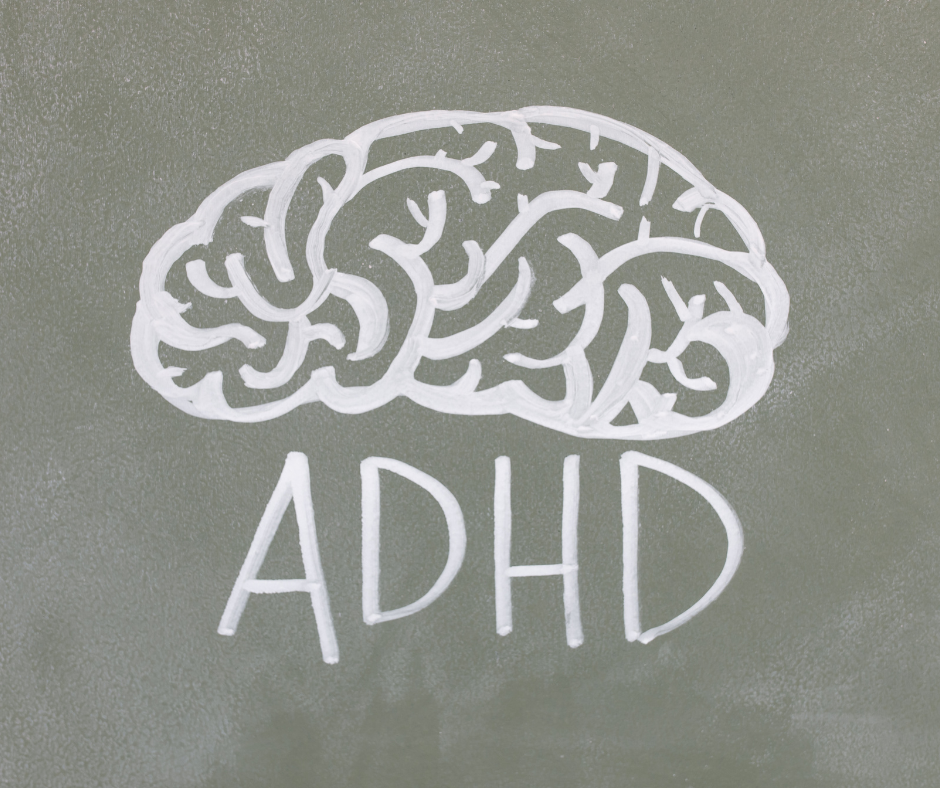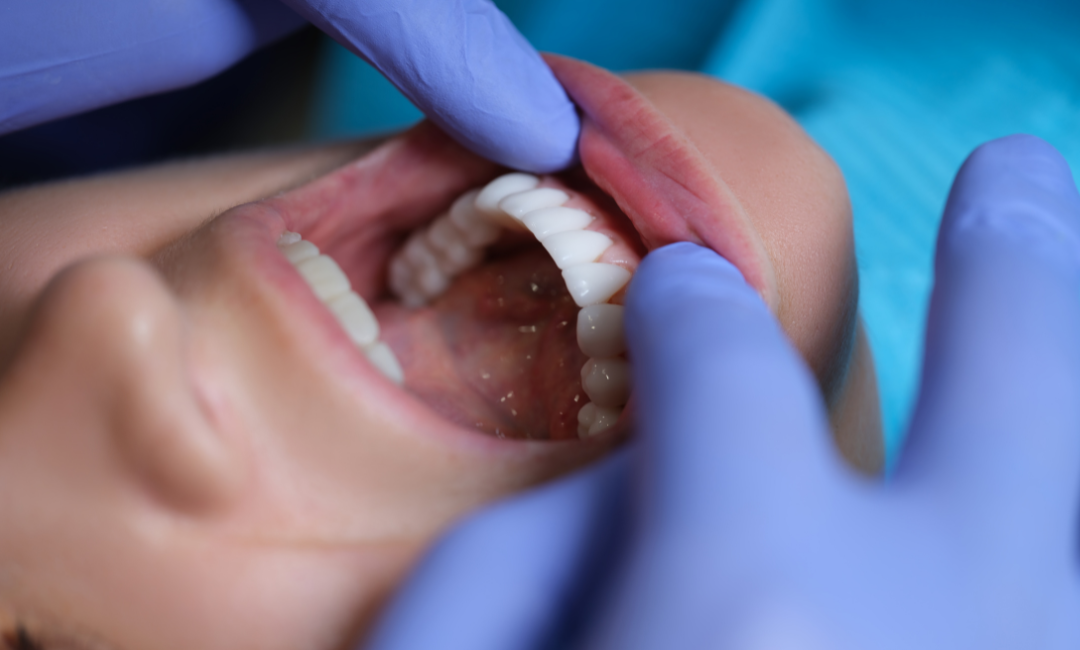The neurological disorder known as Attention Deficit Hyperactivity Disorder (ADHD) impairs a person’s capacity for concentration, impulse control, and energy regulation. Even while ADHD is frequently linked to youngsters, it can afflict people of all ages and continue into maturity. However, identifying ADHD can be difficult and necessitates a careful assessment procedure. This article seeks to provide clarity to those looking for evaluation and understanding by outlining the procedures involved in ADHD treatment in Kent.
Identifying Symptoms
Diagnosing the symptoms of ADHD is the first step in the procedure. Depending on the age of the person and the kind of ADHD (primarily inattentive presentation, predominantly hyperactive-impulsive presentation, or combination presentation), symptoms of the disorder may appear in different ways. Frequently occurring signs and symptoms include inability to focus, impulsivity, hyperactivity, forgetfulness, disarray, and trouble following directions. It’s crucial to remember that having sporadic symptoms does not always mean you have ADHD; a pattern of persistent and functional symptoms is necessary for a diagnosis.
In Search of Assessment
The next step is to have a trained healthcare practitioner evaluate you or someone you know if you think they could have ADHD. To get help with ADHD diagnosis in Kent, you should usually get in touch with your primary care physician. They can recommend you to other professionals including neurologists, psychiatrists, or psychologists. To rule out other potential causes of the symptoms and establish whether ADHD is present, these specialists will do a thorough assessment.
Extensive Evaluation
A variety of sources are consulted during an ADHD assessment, including the patient, teachers, other pertinent parties, and the patient’s parents or caretakers (if the patient is a child). To evaluate ADHD symptoms and their effect on day-to-day functioning, this may involve behavioral observations, questionnaires, interviews, and standardized rating scales. To rule out other medical disorders that could resemble ADHD symptoms, the healthcare provider may also perform a physical examination and arrange laboratory testing.
Criteria for Diagnosis
A person’s symptoms must match the criteria listed in the American Psychiatric Association’s Diagnostic and Statistical Manual of Mental Disorders (DSM-5) to be officially diagnosed with ADHD. The DSM-5 outlines how many and how long symptoms must last to be diagnosed, as well as how much of an impact they have on other aspects of life, including relationships, employment, and education. The purpose of the assessment procedure is to ascertain whether the patient’s symptoms meet these requirements.
Distinctive Diagnosis
A variety of illnesses or circumstances, including learning difficulties, mood disorders, anxiety, trauma, or substance addiction, can occasionally be the source of symptoms associated with ADHD. Medical practitioners must take this into account and make a differential diagnosis to exclude alternative causes of the symptoms. To accurately define the diagnosis, this may entail additional testing, collaborating with other professionals, or doing additional assessments.
Therapy Scheduling
Creating a customized treatment plan for each patient is the next step once an ADHD diagnosis has been made. A variety of therapies, such as medication, psychotherapy, psychoeducation, and support services, are often used in the treatment of ADHD. The objective is to assist people in efficiently managing their symptoms, enhancing their functioning, and improving their overall quality of life. To address ADHD-related issues, treatment strategies should be collaborative and involve the patient, their family, and medical professionals.
Constant Surveillance and Assistance
Given the chronic nature of ADHD, ongoing care and support are frequently necessary. To evaluate therapy efficacy, make necessary intervention adjustments, and handle any new or developing issues, regular monitoring is crucial. Access to tools and support groups for individuals and their families, as well as regular follow-up consultations with healthcare practitioners, therapy, or coaching, may all be part of this.
Last Remarks
Several procedures are included in the ADHD diagnosis process in Kent to correctly detect and comprehend the disorder in people of all ages. People with ADHD can get the care and resources they require to thrive by identifying their symptoms, getting evaluated, going through a thorough assessment, applying diagnostic criteria, making a differential diagnosis, creating a treatment plan, and offering continuing support. To properly navigate the path toward an ADHD diagnosis and management, it is essential to comprehend this process. If you are looking for expert ADHD diagnosis in Kent, Aspire Autism Services is one of the best solutions. They thoroughly comply with the diagnostic criteria, recognize the importance of a diagnosis, and approach each examination in a unique personal way.

























